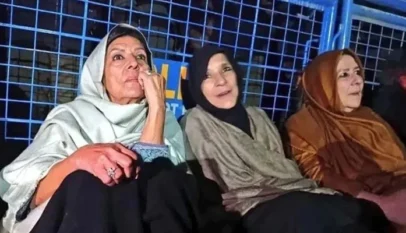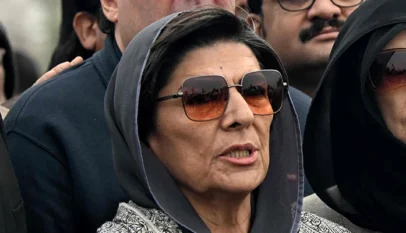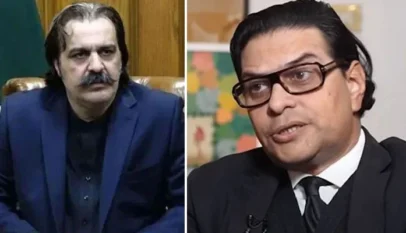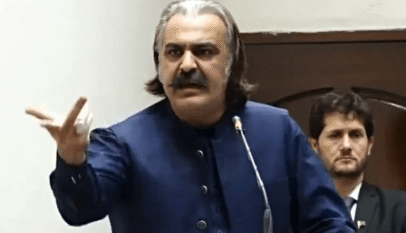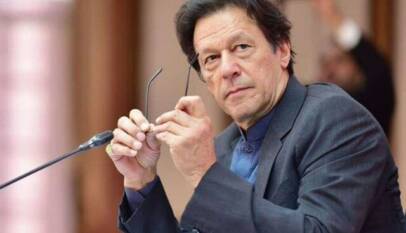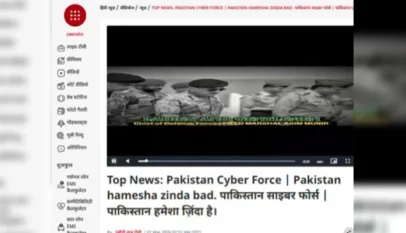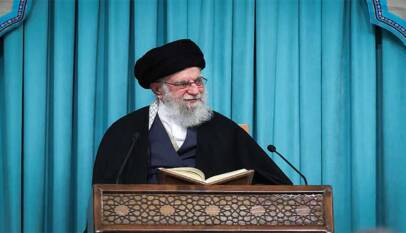
Former prime minister Imran Khan, despite repeatedly seeking intervention through unconventional means, has yet to secure meaningful relief from the country’s top judiciary.
Over the past year, Khan has addressed three separate letters to the chief justices of Pakistan — one to former CJP Qazi Faez Isa and two to the incumbent, CJP Yahya Afridi.
Earlier Attempts Ignored
Imran’s first approach, during CJP Isa’s tenure, revolved around his complaints about prison conditions compared with those of ex-PM Nawaz Sharif. Although Isa had assured him that an official would be appointed to inspect his cell at Adiala Jail, no such visit ever took place.
In February this year, Khan wrote to CJP Afridi, who noted that the concerns raised fell under Article 184(3) of the Constitution. Instead of acting directly, Afridi referred the matter to the constitutional benches committee led by Justice Aminuddin Khan. That committee later ruled that public interest matters would only proceed through formal constitutional petitions, not personal letters.
Fresh Letter via Aleema Khan
This week, Khan reached out once more through his sister, Aleema Khan. PTI lawyers Latif Khosa and Intizaar Panjuta handed the letter directly to CJP Afridi during a 30-minute meeting in his chamber. Sources said Afridi assured them he would respond within a day, though under current rules, he cannot exercise Article 184(3) powers unilaterally.
Other PTI leaders, including KP Chief Minister Ali Amin Gandapur, have also attempted to arrange meetings with Khan in jail, but without success. Aleema Khan’s own request to meet Afridi on Thursday was also declined.
Conditions in Jail
In his latest letter, the PTI founder pleads with the judiciary to remain a beacon of justice for the people. He writes that he has spent over 772 days in custody, facing more than 300 cases. His sons, he adds, are barred from visiting or even speaking to him by phone, leaving him isolated.
Khan also highlights the detention of his wife, Bushra Bibi, whom he says is being punished solely because of her marriage to him. He alleges her health is deteriorating due to solitary confinement and restrictions on her doctor’s visits, despite legal provisions for leniency in cases involving women.
The government, however, has dismissed these claims, asserting that Bushra Bibi is monitored regularly by medical staff and has access to a separate kitchen inside prison.
Criticism of Cases and Laws
Khan’s letter strongly condemns the arrests of PTI activists following the May 9 protests, particularly the trials of civilians in military courts. He calls these actions unconstitutional and cites the 10-year sentence handed down to his nephew, Barrister Hassan Niazi, as proof of what he terms systematic victimisation.
He also targets the 26th Constitutional Amendment, passed in October 2024, which changed the appointment process of the chief justice. The government insists the amendment strengthens democratic oversight, but Khan labels it an attack on judicial independence and “legal cover for electoral theft.”
Additionally, he accuses Islamabad High Court Chief Justice Sardar Muhammad Sarfraz Dogar of intentionally delaying his Al-Qadir Trust and Toshakhana cases.
Call for Real-Time Justice
In a reflective passage, Khan refers to the Supreme Court’s 2024 acknowledgment that Zulfikar Ali Bhutto had not received a fair trial decades earlier. He warns that delayed verdicts amount to “pyrrhic justice,” stressing that justice must occur in real time.
Key Demands
The letter ends with specific requests: permission to make phone calls to his sons, immediate medical access for Bushra Bibi, and restoration of judicial independence in Pakistan.
Source: Web Desk
Indian News channel hacked, pro-Pakistan content broadcast briefly
(Web Desk) — Indian television channel ABP News was temporarily disrupted after hack…

